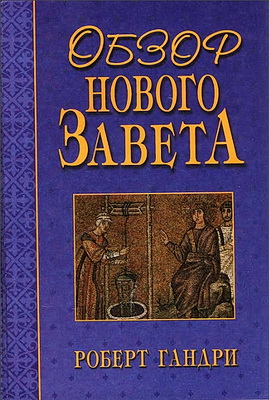
Bowker - Concise Oxford Dictionary of World Religions
John Bowker - Concise Oxford Dictionary of World Religions
Oxford: Oxford University Press, 2003. – 640 p.
ISBN 019860601x
8200 entries
Abridged from the acclaimed Oxford Dictionary of World Religions, this Concise version is written by an expert team of 80 international and multi-faith contributors. It contains entries on all the major and many minor religions, including Christianity, Judaism, Buddhism, Hinduism, Islam, Jainism, Shinto, Sikhism, and Taoism. Over 500 entries cover movements, sects, and cults, from Cargo Cults and the New Age movement to Rastafarians and Soka Gakkai. Over 1,000 entries explore the sacred writings of religions worldwide, and short biographies of founders, leaders, gurus, philosophers, mystics, and heretics are given. There are details of sacred sites, customs, religious practices, dogmas, beliefs, traditions, festivals and fasts, and artefacts such as altars, rosaries, icons, and torah ornaments. There are also entries on worldwide religious teachings on abortion, animals, birth control, war, homosexuality, and suicide.
John Bowker is Gresham Professor of Divinity at the University of London and Adjunct Professor at the University of Pennsylvania. He is a highly regarded authority on religious studies and a well-known broadcaster on the BBC.
* * *
Khande-dī-pāhul
(Pañjābī, ‘sword initiation’). Sikh incorporation or initiation ceremony. On Baisākhī day 1699 (according to tradition), GurūGobind Singh instituted khande-dī-pāhul or initiation. When the original pañj pyāre had volunteered their lives, Gobind Singh stirred water with a khandā in an iron bowl, while reciting certain prayers (see below). His wife added patāse (sugar sweets). The Gurū then gave each of the pañj pyāre in turn five palmfuls of the amrit (sweetened water) to drink and sprinkled it five times in their eyes and on their hair. Each time the initiate repeated, ‘Vāhigurū jī kākhālsā; vāhigurū jī kīfateh’. The Gurū himself then received amrit from them in the same manner. He gave them and himself the new surname Singh (lion) and instructed them as his khālsā to maintain the five Ks and observe certain rules and prohibitions.
Sikhs who wish to follow their faith more strictly, those who have lapsed since taking amrit, and those adopting Sikhism are still initiated in this way by the pañj pyāre.
Mysticism
The practices and often systems of thought which arise from and conduce toward mystical experience. Mystical systems are distinguished from other metaphysical systems by their intimate connection to a quest for salvation, union, or liberation realized through distinct forms of mental, physical, and spiritual exercise. In a classic definition: Mysticism, according to its historical and psychological definitions, is the direct intuition or experience of God; and a mystic is a person who has, to a greater or lesser degree, such a direct experience—one whose religion and life are centred not merely on an accepted belief or practice, but on that which he regards as first-hand personal knowledge (E. Underhill, The Mystics of the Church).
But mysticism need not be theistic. Theravāda Buddhism, for example, is more conducive to mystical thought, experiences, and practices than Islam in general; yet Sufism emerged in Islam giving priority to the mystical apprehension of God. Mystical experiences bring a serenity or bliss to the mystic. Such experiences may have some relation to the spontaneous experience of the unity of the world (‘panenhenic’ experience) and with certain kinds of chemical- and drug-induced experiences; but the connections are much disputed. See also BIOGENETIC STRUCTURALISM.
Prayāgaor Prag
‘Place of sacrifice’. Hindu place of pilgrimage (tīrtha), later called by Muslims Allāhābād, at the meeting point of Gangā and Yamunā rivers, and the subterranean Sarasvatī. It is therefore called trivenī, ‘triple-thread’. Even its soil is so sacred that a small part of it can cleanse from sin. It is one of the seven sacred cities, and one of the four sites of the kumbha-mela, which takes place every twelve years. To avoid the Muslim name, Hindus usually call it Ilāhābād, the abode of Ilā, the mother of a solar dynasty king.
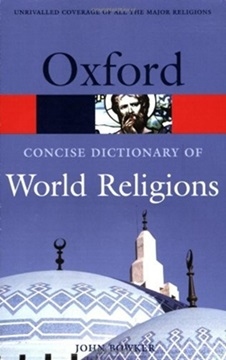

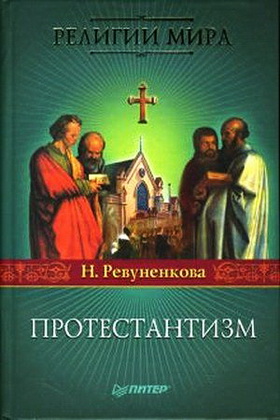
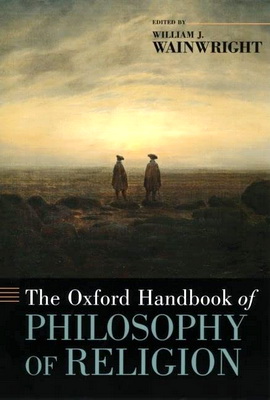
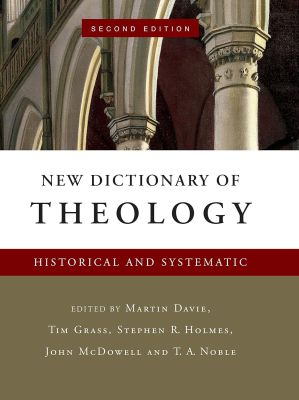
Комментарии
Пока нет комментариев. Будьте первым!